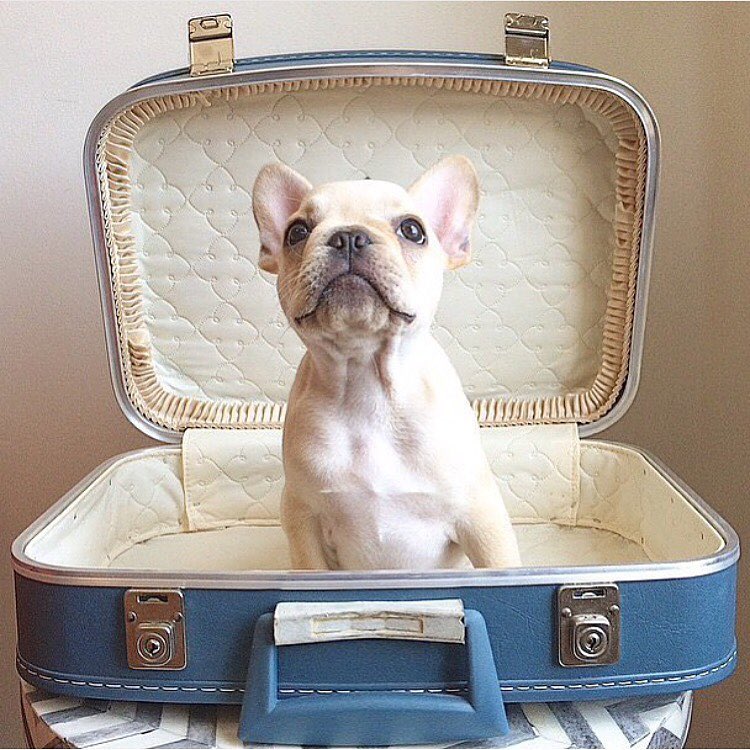Growing up, our family Labrador would run away almost weekly. I still remember jumping in the car and going to search for him, hoping he hadn’t been hurt. Luckily he survived his many adventures, but not all dogs are as fortunate.
Having a dog go missing is an emotional and challenging experience, but by understanding the many reasons why dogs run away, we can learn to correct and prevent it. Below are a few reasons why your pup might be engaging in this type of behavior, plus tips on how to handle his urge to roam. As always, you should consult with a certified dog trainer to figure out the best approach for your dog’s specific needs.
Mating
Dogs have a natural instinct to find a mate. Unaltered female dogs produce a very specific scent when they’re in heat, and intact male dogs will often wander off in order to find them. This is an easy “fix;” getting your dog spayed or neutered will not only stop your pet from wandering away, but also help keep the pet population under control. You can find low-cost clinics in your area here.
Boredom
Dogs are social creatures and need regular interaction and mental stimulation to be truly content. If they aren’t getting enough activity at home, they’ll eventually take it upon themselves to find some elsewhere. Make sure your pup’s environment is stimulating and that you are spending enough playing and interacting with him.
Fear
Storms, fireworks, and loud noises can all trigger fear in your dog and are potential reasons why he may run off. If your dog is consistently afraid of certain situations, consult your vet for the best course of treatment. Designate a safe, quiet area for your dog or consider medication if your pup needs extra assistance staying calm during especially nerve wracking events.
New Surroundings
Moving is chaotic enough without having to account for another being’s emotional state, but don’t forget to consider your pup. It’s challenging for dogs to understand the concept of a new, permanent home and they may try to run back to their old familiar digs. If possible, unpack familiar items first and let your pup acclimate to his new environment slowly. After a bit of time, patience, and plenty of love, he will come to understand that this is his new home.
Bad Habits
We often don’t know a dog’s full history when we adopt and bring him home. If he was able to roam spontaneously before and that freedom has now been taken away, it might be hard for him to learn the new rules. It will take some training and positive reinforcement to correct this kind of behavior, so working with a trainer is recommended.
Excitement
Just like little kids running after an ice cream truck, dogs can get easily excited by new distractions and forget their training. Squirrels, other dogs, and cats can all be tempting to chase after. My Labrador, for instance, would often run to construction sites to find workers who would gladly share their lunches with him. To correct this, make sure your dog is leashed while on walks or that your yard is secured.
Opportunity
If your dog digs under the fence or bolts out the front door when it’s open, it may be time to invest in some new systems. Put stones under the fence and always put his leash on before anyone opens the front door.
No matter how well you think you know your dog’s behavioral tendencies, it’s important that all dogs are microchipped and always wearing tags. In the unfortunate event that your dog roams a little too far, these precautions will help ensure that whoever locates him can get him back to you.
If your dog has gone missing, let local police, shelters, and animal control know right away. You may also want to reach out to local vets, groomers, pet stores, and animal hospitals. Send them a current picture of your pup along with your contact information and the best way to reach you. A community of pet lovers working together has a greater chance of helping reunite you and your best friend.
Image: @therescuerunway









